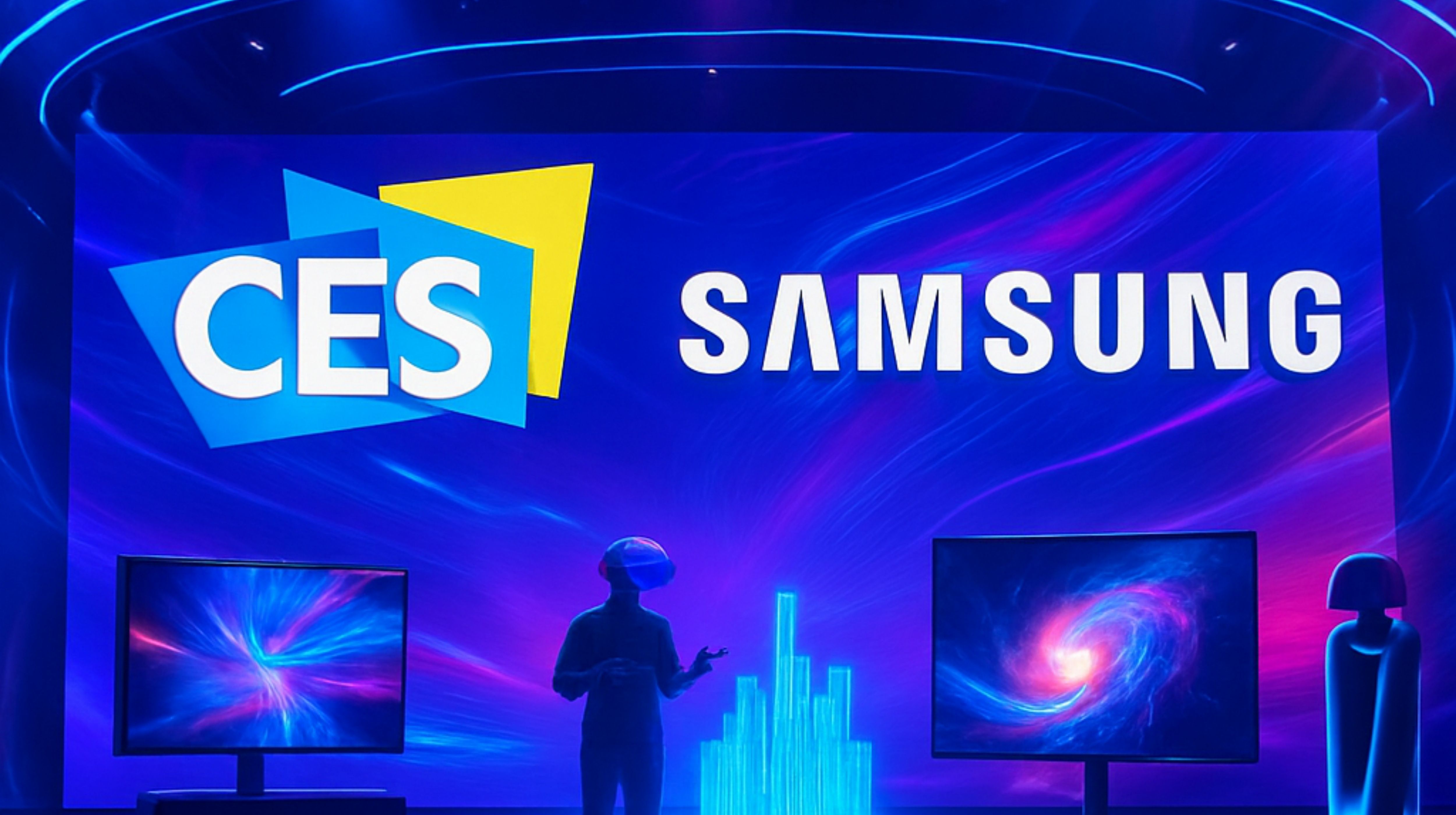The US tech company, Meta, has paused the international launch of its Ray-Ban Display smart glasses after seeing higher-than-expected demand in the US.
Meta had planned to begin selling the glasses in the UK, France, Italy and Canada in early 2026, but will now prioritise fulfilling US orders instead of expanding availability.
These smart glasses work with the Meta Neural Band wrist device, which interprets small hand movements.
Meta demonstrated new tools at CES in Las Vegas, including a teleprompter mode for delivering prepared remarks and a feature that lets users write messages by moving a finger across any surface while wearing the Neural Band. Pedestrian navigation support is also being extended to additional US cities.
Meta says demand has created waiting lists stretching well into 2026, prompting the pause while it reassesses global rollout plans.
Would you like to learn more about AI, tech and digital diplomacy? If so, ask our Diplo chatbot!










